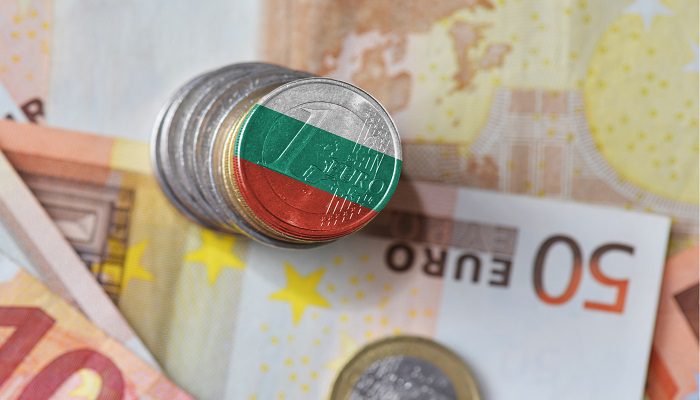According to the Bulgarian Finance Minister, Rossitsa Velkova, the country is scrapping the target of adopting the euro from January next year as there are criteria it is failing to meet. That said, it is hopeful to join the common currency by 2025 or perhaps a bit earlier.
Bulgaria, which happens to be the European Union’s poorest member state looks to be a part of the euro to give a thrust to investment as well as credit security, however, a prolonged political crisis has gone on to be a disruptor in its endeavours.
Apparently, it was in last month only Croatia became the 20th member of the euro zone. Coming April will see Bulgaria going through fifth election in the last couple of years.
The country did not meet the entry benchmarks when it came to inflation, and there were no legal changes made, as per Velkova, but the interim government was all for it to draft laws as soon as the new parliament began functioning after April 2.
The fact, according to Velkova, is that given the scenario where they will not be able to file a convergence report by February’s end, the euro embrace in January next year looks impossible. According to her, the country could file a report after July this year if the criteria are met and they have the member states’ support; January 1, 2025, is when they can join the euro zone.
The finance minister also confirmed that the EU partners did express their concerns over Bulgaria’s inability to deliver on promises, which further aided in the decision not to file the convergence report in February. There has been a widespread issue of corruption that has been hounding the Balkan country for quite some time now, and it can surely be seen as one of the major obstacles for it to join the euro. It was only recently that Britain and the US sanctioned eight Bulgarians, which also included two ministers, for their involvement in alleged corruption. As the prices surged in eastern and central Europe, the EU-harmonized inflation in Bulgaria jumped to approx. 14.3% y-o-y by 2022 end, which was eighth highest across the bloc. Prior to getting dissolved, the country’s parliament had not been able to adopt the changes when it came to anti-money laundering laws, trade laws, and the insurance code.
As per Velkova, not being able to enter the euro in the next six months is definitely going to affect the country’s credit ratings. That said, the country could still be able to meet the target of entire euro adoption by mid-2024 if all the criteria are met.
Apparently, the euro adoption has the support of the country’s major political parties; however, some pro-Russian factions have not taken it well, along with a lukewarm public response, with polls showing a fall in support. There are many who fear higher prices from a shift to euros, just like what happened in Croatia.






















